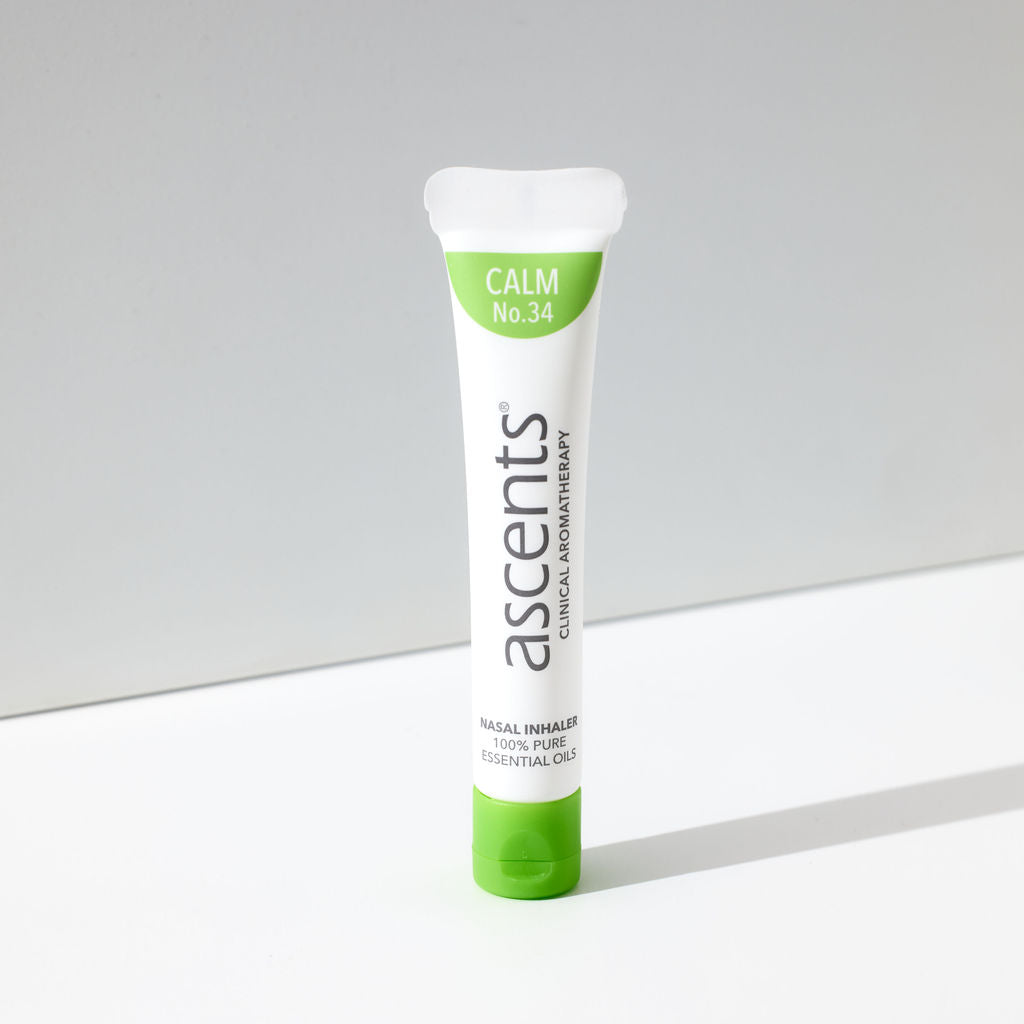
Anti-Anxiety Inhalers: Pros and Cons for Stress Relief
Article Revised 7/16/2023
Anxiety inhalers for stress relief have been available for more than a decade, but the COVID-19 pandemic accelerated their adoption by many individuals seeking new and healthier ways to alleviate anxiety during an exceptionally stressful time. Clinicians also use certain types of inhalers in medical settings like cancer care and surgical units to settle the nerves of anxious patients before and/or after procedures. Palliative care patients frequently benefit, too.
Healthcare Professional?
Below, we discuss the three main categories of inhalers for stress and anxiety, alongside brief overviews, including the pros and cons of each.
Types of Anti-Anxiety Inhalers
Anxiety inhalers fall into several categories:
- Aromatherapy/essential oil nasal inhalers
- Oral-route essential oil inhalers
- Non-essential oil-based inhalers that primarily target respiration
Aromatherapy/Essential Oil Nasal Inhalers for Anxiety
Nasal inhalers are the most cost-effective, and most well-researched type of essential oil inhalers for anxiety.
(Pictured is the Ascents Calm No. 34 nasal inhaler for stress and anxiety)
Aroma Sticks
Aroma Sticks are the most common type of essential oil nasal inhaler available. They closely resemble standard Vicks® nasal inhalers that are used to relieve nasal congestion.
Pros
- Widely available online from small vendors on platforms like Etsy
- Available in pre-filled versions to address specific symptoms
- "Blank" or empty inhalers are easy to find for those who wish to use their own blends
- Portable, inexpensive, and easy to use
Cons
- There are no standardized, quality-tested aroma sticks currently available
- No clinical studies have been carried out on any commercially available, pre-filled aroma sticks
- Unsanitary and not suitable for clinical environments. Aroma sticks must be placed in the nose in order for the scent to be inhaled, which can spread bacteria and viruses.
Anti-Anxiety Inhalers
Aromatherapy inhalers for anxiety can resemble matchbooks or tubes, with an exterior cover that can be flipped up to open, and then resealed. Inside is an evidence-based essential oil blend formulated to be safe and effective, that when squeezed, creates a “puff” of air that diffuses the essential oil formulas for personal use.
Pros
- Affordable
- Extremely lightweight
- Portable/discreet
- Used at many hospitals in the U.S., including Moffitt Cancer Center; created for healthcare settings
- Formulas are clinically-backed
- Do not touch the nose or mouth
Cons
- Unique form factor may not be recognizable to some
- For those with limited arm or hand strength/mobility, opening and closing may be difficult
- No single essential oils are available in this format, only blended aromatherapy formulas, including one that may decrease symptoms of stress and anxiety
- Cannot be refilled
Oral-Route Essential Oil Anxiety Inhalers
Resembling cigarettes, e-cigarettes or “vapes,” these inhalers are available in both heated digital and non-digital versions. They are sometimes referred to as “diffusers.”
Non-Electronic Oral Anxiety Inhalers and Diffusers
Pros
- Can be a helpful bridge for cigarette smokers who wish to quit
- Portable
- Easy to use
Cons
- There is currently no scientific evidence to support the use of orally inhaled essential oils to relieve anxiety or stress
- Essential oils are volatile substances and should not be inhaled directly into the lungs. There are many essential oils that, if inhaled directly into the lungs, could potentially burn or damage lung tissue, particularly with frequent, regular use
- Expensive in comparison to other essential oil-based products
Electronic/Heated Oral Anxiety Inhalers and Diffusers
Pros
- For current e-cigarette smokers, these can be a helpful bridge for users who wish to quit vaping
- Portable
- Easy to use
Cons
- As stated previously, there is currently no clinical evidence that supports the use of orally inhaled essential oils for stress and anxiety
- While natural, essential oils are still volatile organic substances, and should not be inhaled directly into the lungs as they may burn or otherwise damage tissue.
- Heating essential oils compromises their active compounds, decreasing their efficacy
- Very expensive in comparison to other essential oil-based options for anxiety
A note on oral anxiety inhalers:
The olfactory (scent) receptors in the nose are what carry the information provided by the inhaled scent molecules to the brain in order to elicit a given reaction, such as relaxation or stress relief. Inhaling essential oils by mouth dilutes their effectiveness by initially bypassing the nose, and requiring them to first go through the lungs before being exhaled nasally.

Additionally, nasal-route aromatherapy requires less essential oil to be used as nasal receptors are immediately exposed to the scent, therefore eliminating the risk of damage to tissues or mucous membranes that may occur from overexposure to the oils.
Anti-Anxiety Inhalers that Target Respiration
These are some of the newest types of inhalers for anxiety on the market. They work primarily by targeting the user’s breathing; in the most basic sense, their design resembles the inhalers used to treat chronic and acute asthma.
Pros
- Safe
- Low/no side effects
- Portable
- The two models currently on the market have undergone testing that demonstrates solid efficacy in calming patients, although the way in which these results are achieved varies between the devices
Cons
- Less discreet/easily portable than other types of inhalers for anxiety
- Initial cost is more greater than other inhaler options, but refills or accessories to maintain or enhance the inhalers’ performance are in line with the pricing of other solutions
Anti-Anxiety Inhalers: A Summary
While some inhalers for anxiety, such as aromatherapy nasal inhalers, are appropriate for clinical environments, others are clearly much less so due to their lack of safety and clinical evidence of efficacy, as well as a too-close-for-comfort resemblance to smoking or vaping.
As new types of inhalers for anxiety continue to be introduced to the market at a remarkable pace, it will only become increasingly more important to understand how they work and who might benefit, especially for those working in the medical field, directly supporting anxious patients.
Healthcare Professional?


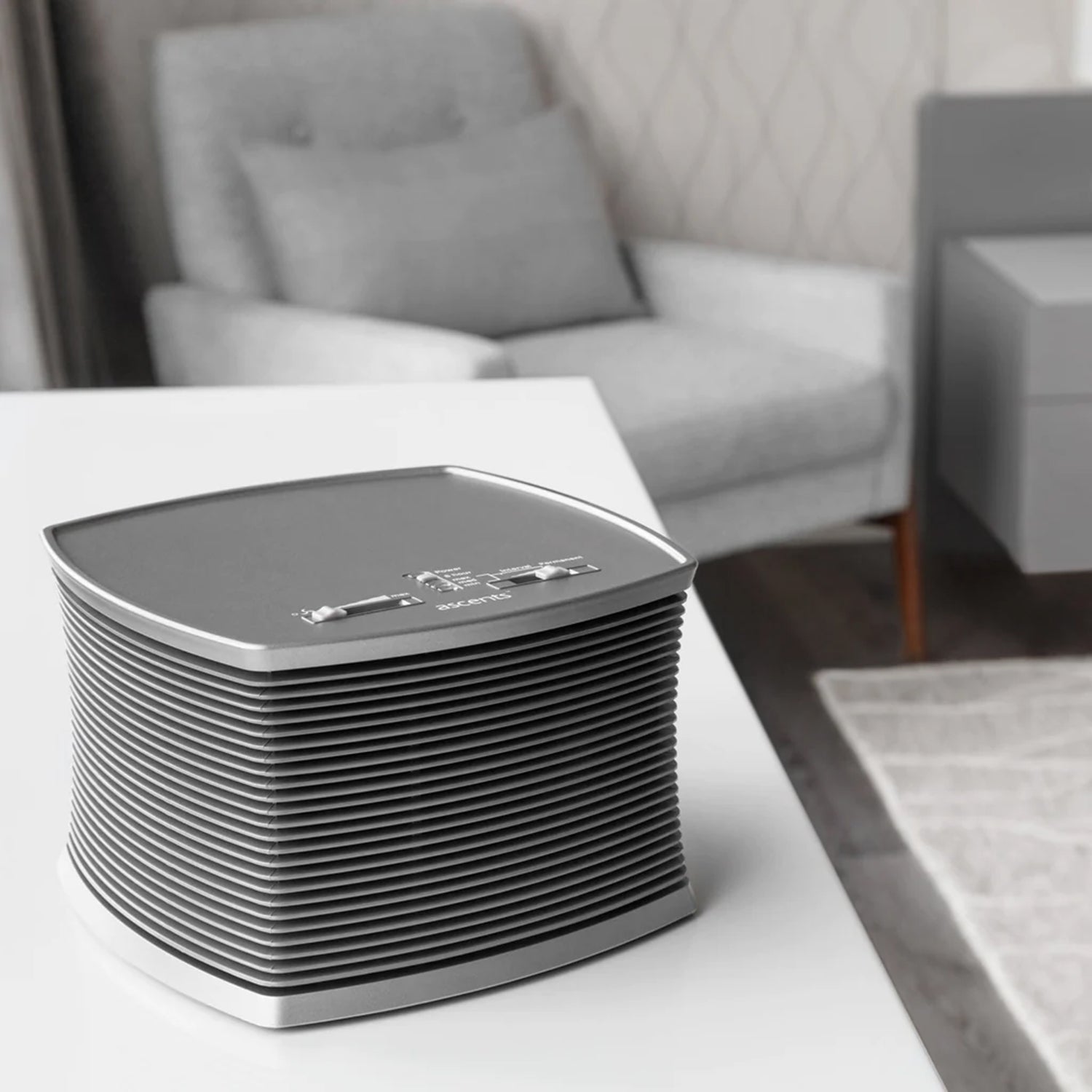
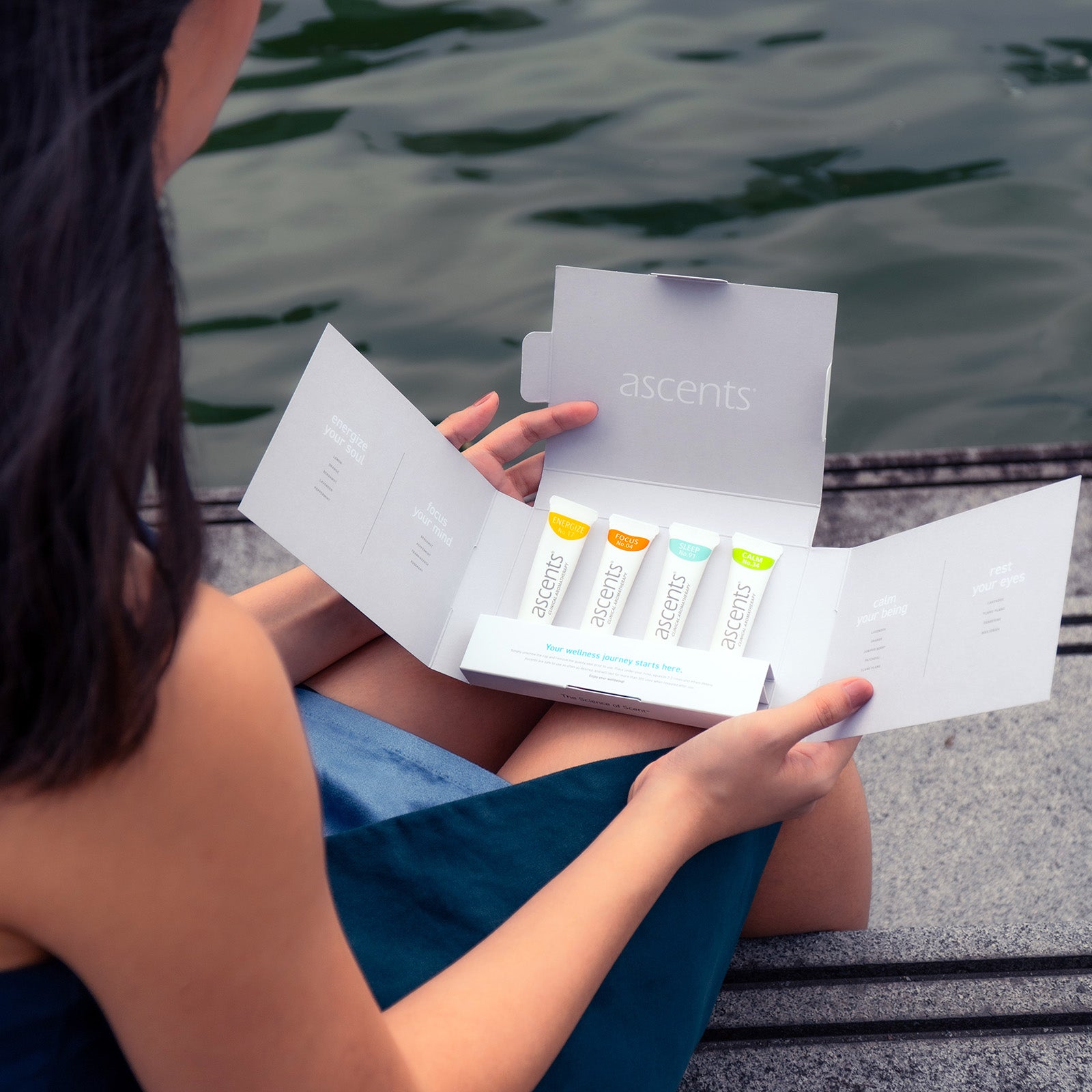

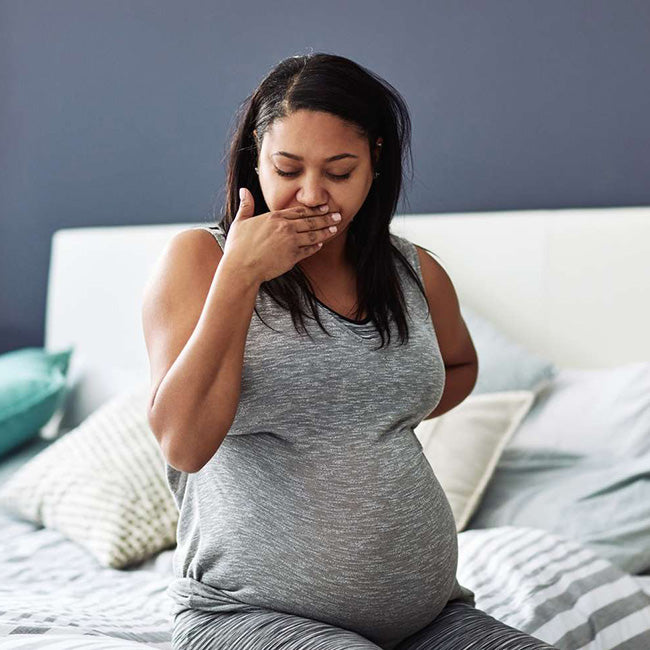

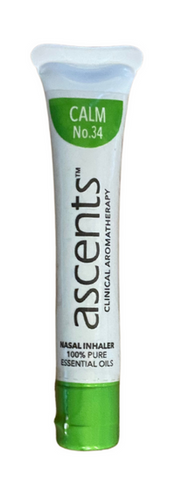

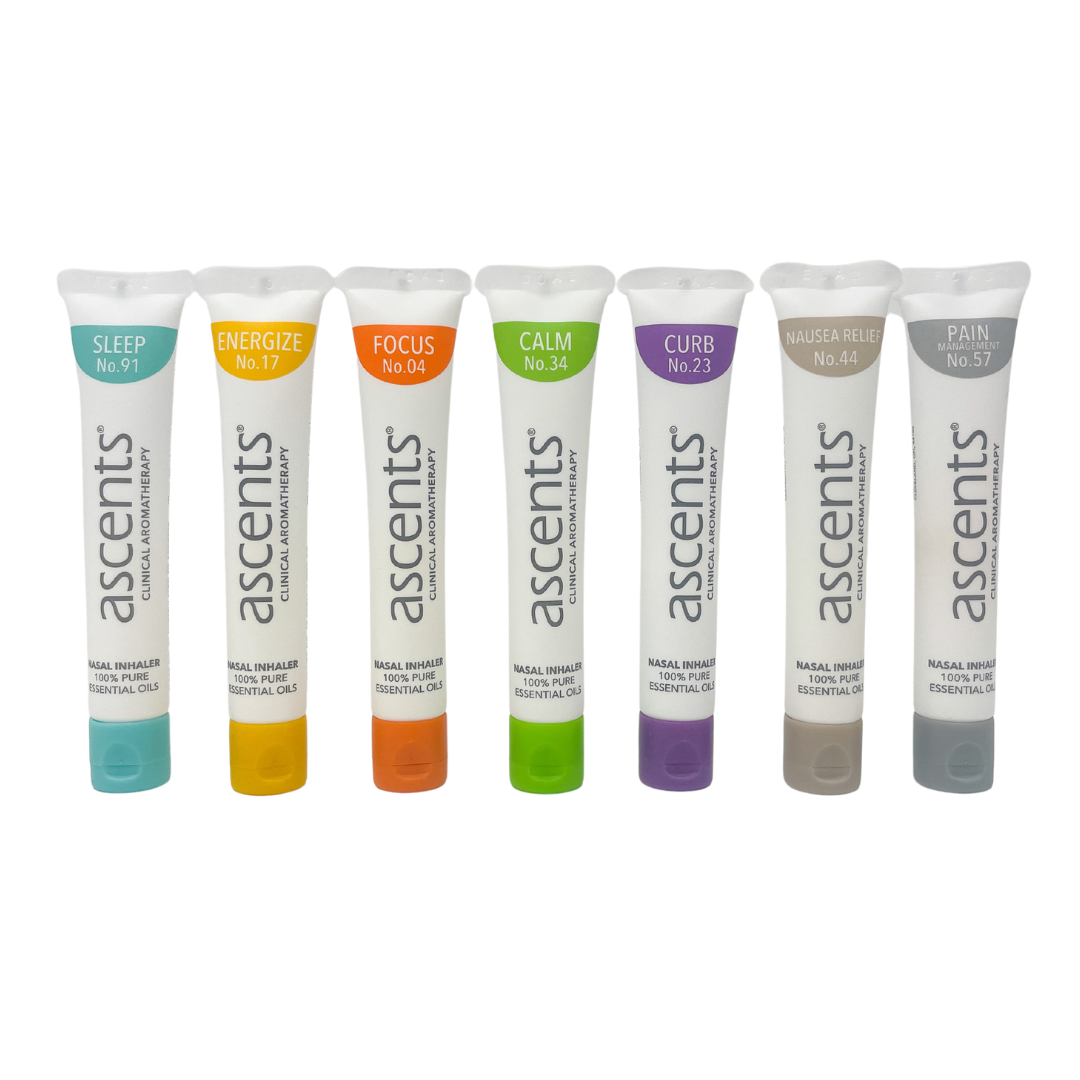

Leave a comment
This site is protected by reCAPTCHA and the Google Privacy Policy and Terms of Service apply.